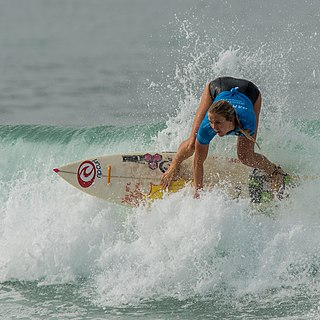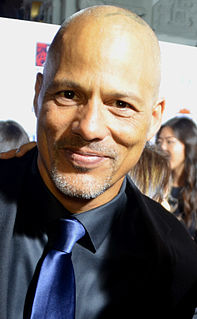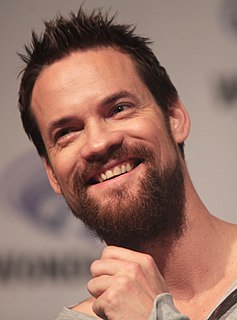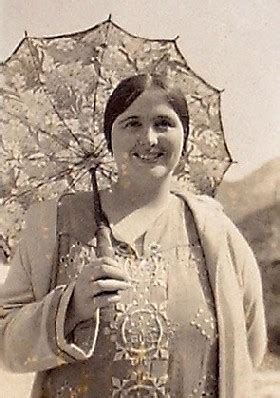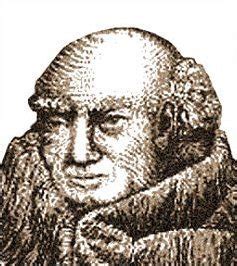A Quote by Bethany Hamilton
Related Quotes
Man no longer lives in the beginning--he has lost the beginning. Now he finds he is in the middle, knowing neither the end nor the beginning, and yet knowing that he is in the middle, coming from the beginning and going towards the end. He sees that his life is determined by these two facets, of which he knows only that he does not know them
The beginning is never the clear, precise end of a thread, the beginning is a long, painfully slow process that requires time and patience in order to find out in which direction it is heading, a process that feels its way along the path ahead like a blind man the beginning is just the beginning, what came before is nigh on worthless.
The strange thing about the apocalypse is that it's uneven. For some people, it goes one way and for others another way, so that there's always this shifting relation to the narrative of the disaster. Sometimes apocalypses are just structural fictions, and sometimes they're real. Sometimes a narrative requires an end - the fact that the beginning was always leading somewhere becomes clear at the end. There's an idea that we're always in the middle, but we posit this apocalyptic end in order to also be able to project into the past or the beginning. I think that's true and false.
